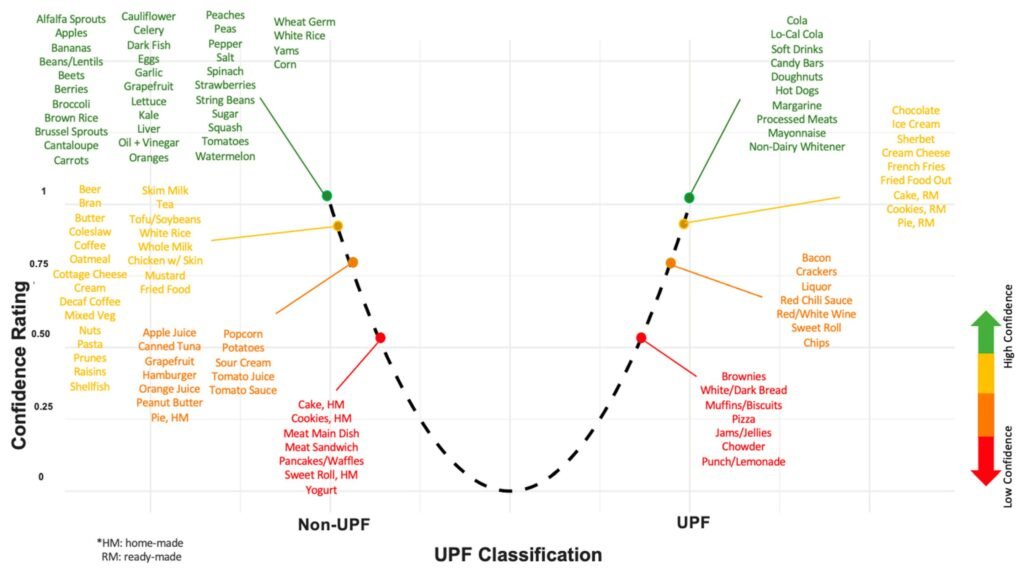A study published in Nutrients has found that a higher intake of ultra-processed foods (UPF) was not associated with the development of frailty among middle-aged and older adults. However, UPF consumption was associated with small but significant declines in physical function, including slower gait speed in both men and women, as well as weaker grip strength in men.
The study, “Ultra-Processed Food and Frailty: Evidence from a Prospective Cohort Study and Implications for Future Research,” analyzed data from 2,547 adults in the Framingham Offspring Cohort over an average follow-up of 10.8 years. During that time, 9.2% of participants (233 people) developed frailty. While no direct relationship between UPF intake and frailty onset was found, each additional daily serving of UPFs was associated with a measurable decline in gait speed (–0.001 meters/second per year, p = 0.03). Among men, each extra serving was also linked to a yearly reduction in grip strength (–0.02 kg, p = 0.04).
“These findings suggest that while ultra-processed food consumption may not directly raise the risk of frailty, it could still contribute to subtle declines in mobility and strength over time,” said Shivani Sahni, Ph.D., director of the Nutrition Program at the Hinda and Arthur Marcus Institute for Aging Research at Hebrew SeniorLife and associate professor of medicine at Harvard Medical School.
“Limiting ultra-processed food intake and emphasizing whole, nutrient-dense foods may be a crucial step in preserving physical function and supporting healthy aging,” said lead author Elsa M. Konieczynski, MS, Friedman School of Nutrition Science and Policy, Tufts University.
The study emphasizes the significance of diet in later life and underscores the need for further research into the biological mechanisms underlying the association between ultra-processed foods and functional decline. Still, the findings add to growing evidence that diets emphasizing whole and minimally processed foods may support better mobility and strength in later life.
More information:
Elsa M. Konieczynski et al, Ultra-Processed Food and Frailty: Evidence from a Prospective Cohort Study and Implications for Future Research, Nutrients (2025). DOI: 10.3390/nu17162631
Provided by Hebrew SeniorLife Hinda and Arthur Marcus Institute for Aging Research
Citation:
Ultra-processed food consumption linked to declines in physical function in older adults (2025, October 30)
retrieved 30 October 2025
from https://medicalxpress.com/news/2025-10-ultra-food-consumption-linked-declines.html
This document is subject to copyright. Apart from any fair dealing for the purpose of private study or research, no
part may be reproduced without the written permission. The content is provided for information purposes only.


